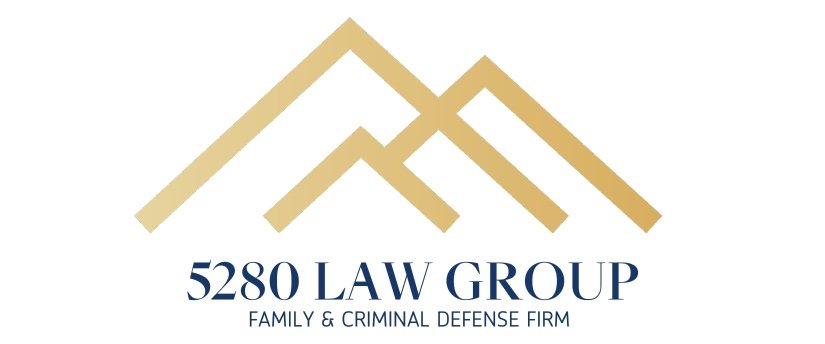How to Divide Pensions
Navigating the division of assets in a divorce is always challenging, but some assets pose more complications than others. Here's a look at one of the more complex assets to divide: Pensions.
Pensions. In a divorce, a pension benefit must be valued and allocated or split between the spouses. Pensions are different than a traditional 401k or IRA in that it provides a fix sum of money on a regular basis after they retire from work for their life. A traditional 401k or IRA is a fixed amount of money that may be spent in retirement. The difference is that with a traditional 401k or IRA the value is readily known and with a pension it is not.
The amount of the benefit for a pension is usually dependent on the number of years of service and the amount of compensation received by the individual, with a cost-of-living increase.
Many pension plans offer a “spousal death benefit” or “spousal election.” This allows a spouse or former spouse to continue to receive benefits after the employee-spouse’s death. Depending on the specific plan, the spousal benefit might allow the spouse to continue receiving payments after the employee's death or to receive the entire benefit.
Considerations for a pension include:
Length of employment. The number of years a spouse worked for a company during the marriage compared to how long the spouse worked for the company.
Length of marriage. Some pension plans will not allow a division of the pension unless the parties have been married for ten years.
Time. Some pension plans have very stringent time periods in which a division can be accomplished, meaning that proper orders must be timely drafted and submitted to the company or the order may be rejected.
Dividing assets in a divorce is a complex process that necessitates expert legal and financial advice. Ensuring a fair and equitable division requires careful consideration of each asset's unique characteristics and potential future value.
Should you have any specific questions, we would invite you to speak with our team by emailing us at info@5280lawgroup.com or call us at (303) 747-4686.
